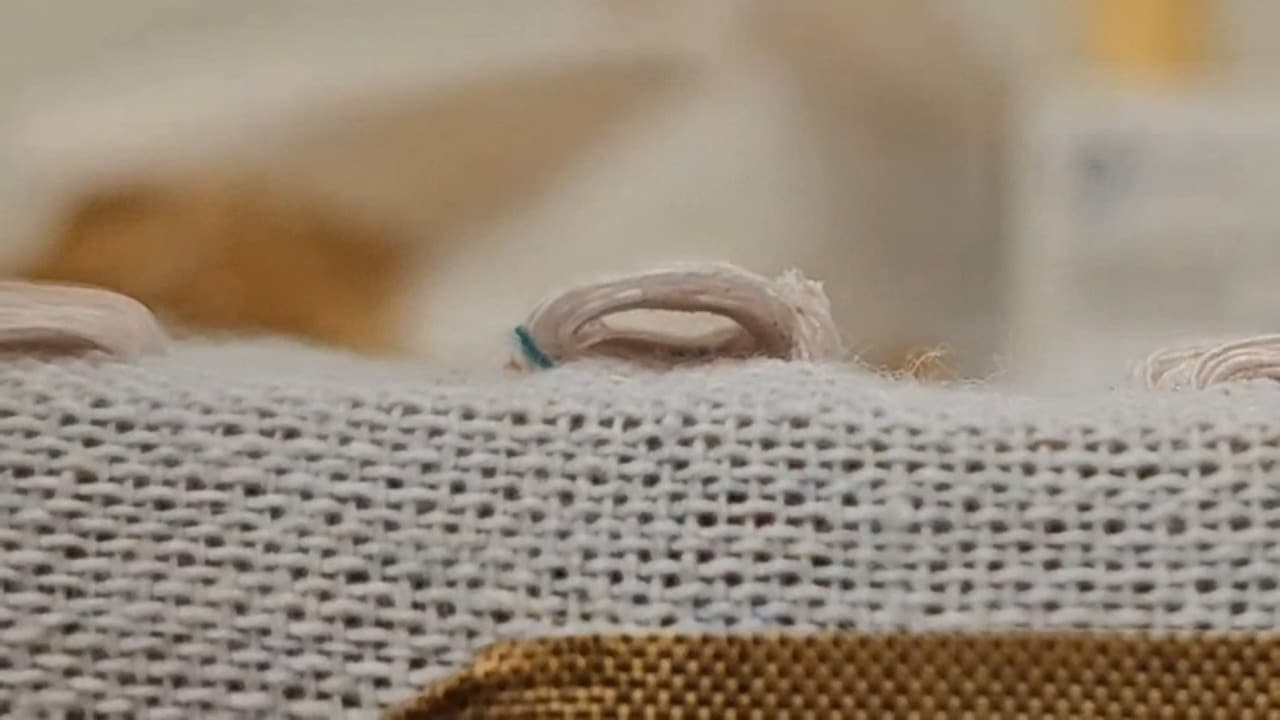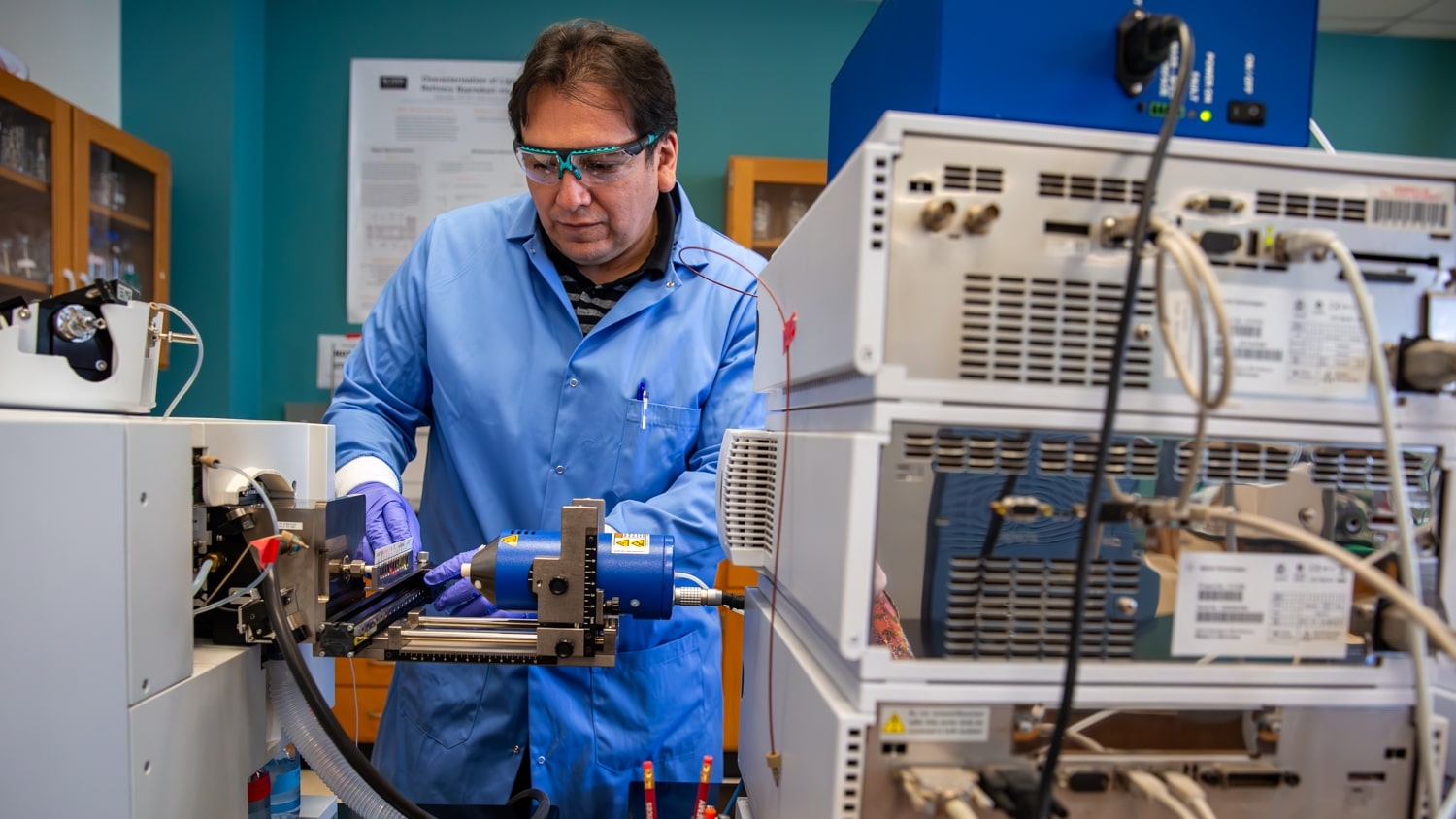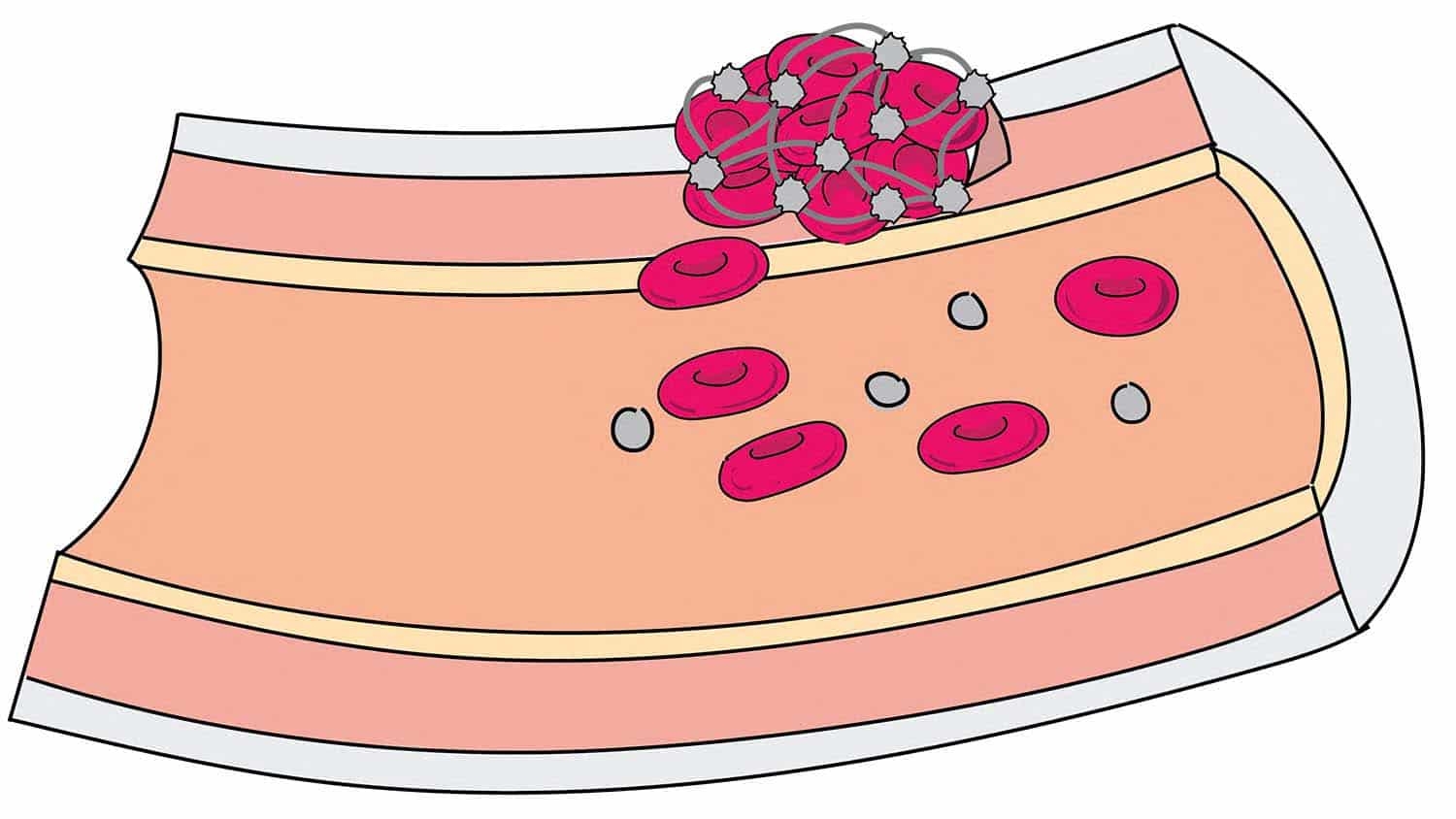By Margaret Huffman
Department of Chemical and Biomolecular Engineering
In an effort to better understand and improve the health of our built environments, an interdisciplinary team of researchers will develop diagnostic tools and engineering approaches to help reduce the number of harmful environmental microbes while encouraging beneficial ones. This work is at the forefront of the National Science Foundation Engineering Research Center for Precision Microbiome Engineering (PreMiEr). Announced in August, the center is led by Duke University with partners at four other North Carolina universities – including NC State.

Nathan Crook, assistant professor in the Department of Chemical and Biomolecular Engineering, is contributing to the project by engineering microbes to perform certain tasks. The Crook Lab develops tools to modify microbes to produce vitamins, for example, or that can deliver proteins to the gut to make a less inflammatory environment. One of the PreMiEr projects entails studying the biofilms that develop in hospital plumbing and identifying microbes that can degrade the harmful bacteria residing there. These biofilms can contain antibiotic-resistant microbes that can aerosolize after flushing a toilet and infect open wounds. The Crook Lab, among others in PreMiEr, is investigating a microbe that can serve as a plumbing “policeman,” removing the antibiotic-resistance genes from the biofilm environment.
To be successful, these microbes need to arrive at their intended site in sufficient quantities and at the right time. The Crook Lab uses microbes that have been historically more difficult to engineer to achieve new breakthroughs into the microbiome. When designing these microbes, Crook keeps safety and affordability in mind. He said “One of the things I want to do is to make engineering microbes easy, so that empowers more people to do it. With that comes the ability to lower the cost of treatments and hopefully increase access to that treatment.” For example, a single dose of antibodies to treat a Clostridum difficile (C. diff) infection currently costs over $4,000. The Crook Lab is developing a probiotic that would destroy the C. diff bacteria and cost significantly less.
A large part of PreMiEr includes examining the societal, ethical and policy implications of microbiome engineering advancements. Jennifer Kuzma, co-director of the Genetic Engineering and Society Center, serves as associate director of PreMiEr and will head efforts to explore and consider public attitudes, risks, and multi-disciplinary perspectives related to the research. Understanding these issues will feed directly into the choices Crook and his students make when engineering their microbes.
Read the related story, “Exploring the Social, Ethical Sides of Microbiome Engineering.”
This post was originally published in the Department of Chemical and Biomolecular Engineering.
- Categories:



